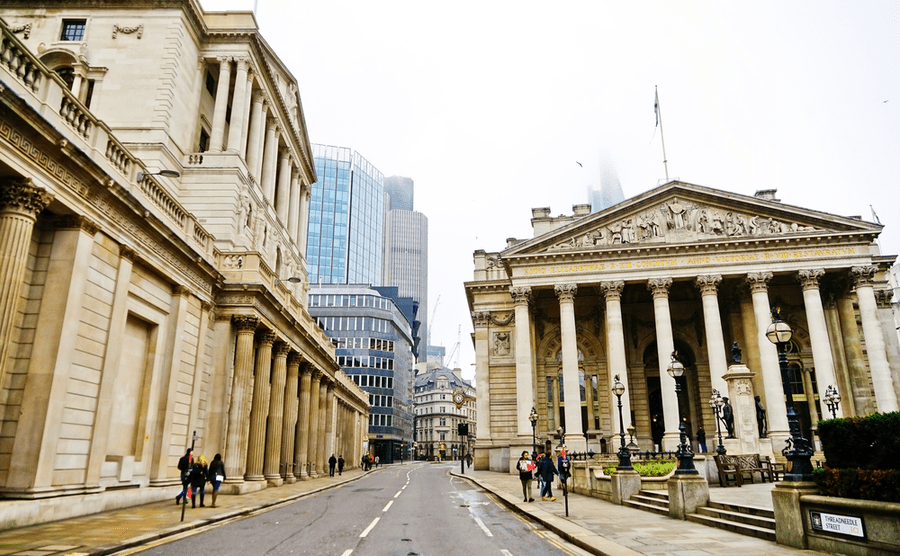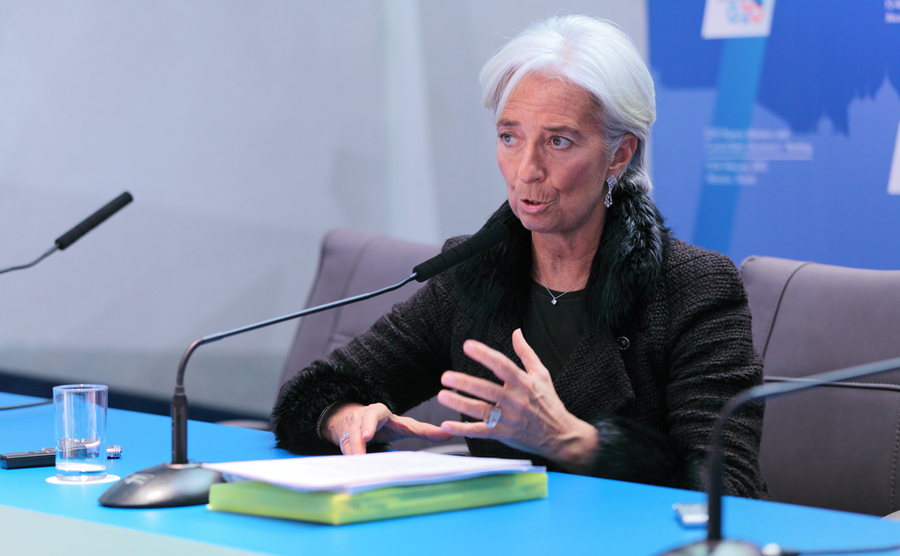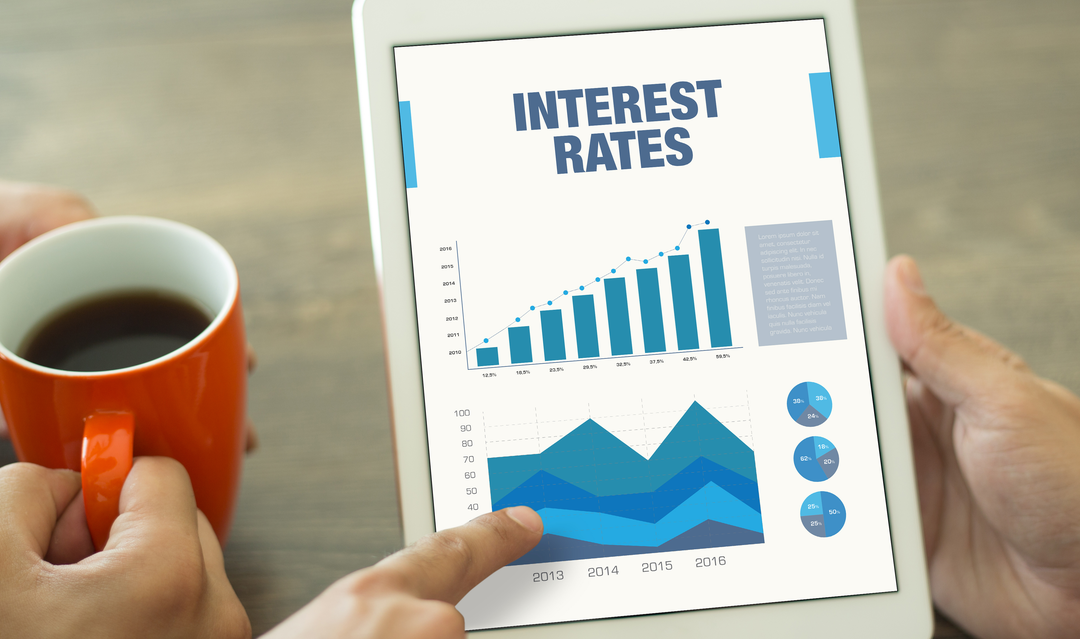You may have noticed that interest rates are a hot topic of conversation these days. At the beginning of February, the Bank of England (BoE) raised the UK’s interest rate to 0.5% after cutting it twice in 2020, and there could be more changes in the year ahead. But what impact might this have on the pound and other currencies?
Get a quote from us today by completing our simple form. We’ll take a look at your requirements and arrange to speak to you at a suitable time to offer the best possible solution for all of your upcoming currency transfers.
What is an interest rate?
Essentially, an interest rate is the amount a lender charges a borrower and is a percentage of the amount loaned. Interest is applied to most lending or borrowing transactions.
A country’s central bank, such as the Bank of England, will set the interest rate. Each bank then uses this to determine its annual percentage rate (APR) range – the yearly interest rate on a loan or income from an investment. This is then applied to things like credit cards and bank loans.
Why do central banks hike or cut interest rates?
Setting the interest rate is one way that central banks can control the economy. When the interest rate is high, this discourages people from borrowing and slows demand. When interest rates are low, this typically stimulates economies because borrowers can access inexpensive loans. Central banks, therefore, use interest rates as a tool to stimulate the economy or to prevent it from expanding at a rate that is unsustainable.
However, low interest rates can create a situation where demand exceeds supply, causing high inflation.
At the beginning of February, the Bank of England decided to raise the interest rate largely due to high inflation. Inflation in December was its highest in nearly 30 years at 5.4%, far above the Bank’s target of 2%. In raising the interest rate, the Bank of England hopes that this will reduce inflation.

Editorial credit: Javen. At the beginning of February, the Bank of England (BoE) raised the UK’s interest rate to 0.5%.
How does the Bank of England change the interest rate?
The Bank of England holds eight monetary policy meetings a year, every six weeks. Nine economists make up the Monetary Policy Committee, and these economists meet to discuss how the economy is performing and if any action needs to be taken. The members then vote on whether the interest rate should be hiked, cut, or kept the same and this decision is published at 12pm on a Thursday.
The BoE lowered the interest rate back in 2009 after the global financial crisis, in 2016 following the Brexit referendum and in 2020 due to pandemic, when it was cut to its lowest ever rate of 0.1%.
What impact do interest rates have on currencies and why?
Broadly speaking, the pound strengthens when the interest rate is raised and weakens when it is cut. This is because the pound’s exchange rate is determined by investors trading sums of currency. If there are signs that the UK economy is expanding (such as interest rate rises), then pounds become more desirable, leading investors to demand more. When the investors buy more pounds, the value of sterling goes up.
However, it’s not just the act of raising or cutting interest rates that impacts the pound’s value. For example, following the latest interest rate hike, BoE Governor Andrew Bailey said that the economy is not “roaring away”, so it would be a mistake to expect that interest rates are on the “inevitable long march up”. Despite the interest rate being raised and sterling surging initially, these slightly negative comments subsequently caused the pound to weaken.
So, as well as interest rates going up or down, the pound can also be impacted by the rhetoric surrounding interest rates, economic data and expectations about the direction of interest rates, as well as a host of other factors.
Can other central banks also impact the pound and other currencies?
Interest rate decisions made by other central banks, such as the Federal Reserve and the European Central Bank (ECB), can also impact the pound’s value against other currencies. If other central banks raise their interest rates ahead of the Bank of England, this can put the pound in a weaker position against currencies such as the euro and the dollar.
For example, towards the end of last year it was believed that the Federal Reserve could raise interest rates sooner and at a faster pace than other central banks, which caused the dollar to strengthen. In the same vein, the European Central Bank is taking a more ‘cautious’ approach to interest rates, which meant that the euro was in a weaker position.
However, one comment by a central bank official can quickly change the narrative. For example, President of the European Central Bank, Christine Lagarde, refused to rule out interest rate hikes this year at the last ECB meeting. Her comments caused the euro to strengthen against the pound and other currencies.

Editorial credit: ID1974 / Shutterstock.com. President of the European Central Bank, Christine Lagarde, refused to rule out interest rate hikes this year.
When are the Bank of England’s next interest rate decisions?
The Bank of England will hold their monetary policy meetings in 2022 on the following dates: 17 Mar / 05 May / 16 Jun / 04 Aug / 15 Sep / 03 Nov / 15 Dec.
Many banks are forecasting three further rate hikes this year, however, whether these materialise or not depends on a number of factors. As Andrew Bailey said at the last meeting, further interest rate rises depend largely on how the UK economy performs.
Things like energy prices, wages and spending will be taken into consideration – factors such as these depend on many unknowns. It is, therefore, difficult to say for sure how the Bank of England will manage interest rates this year and nearly impossible to predict how the pound will fare as a result.
To protect your property-buying budget and/or overseas transactions from unforeseen currency movements, get a quote from us today by completing our simple form.
















